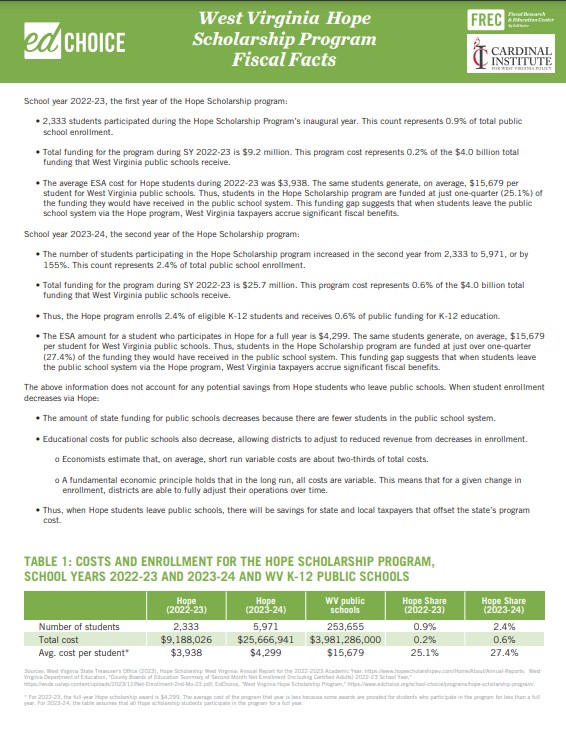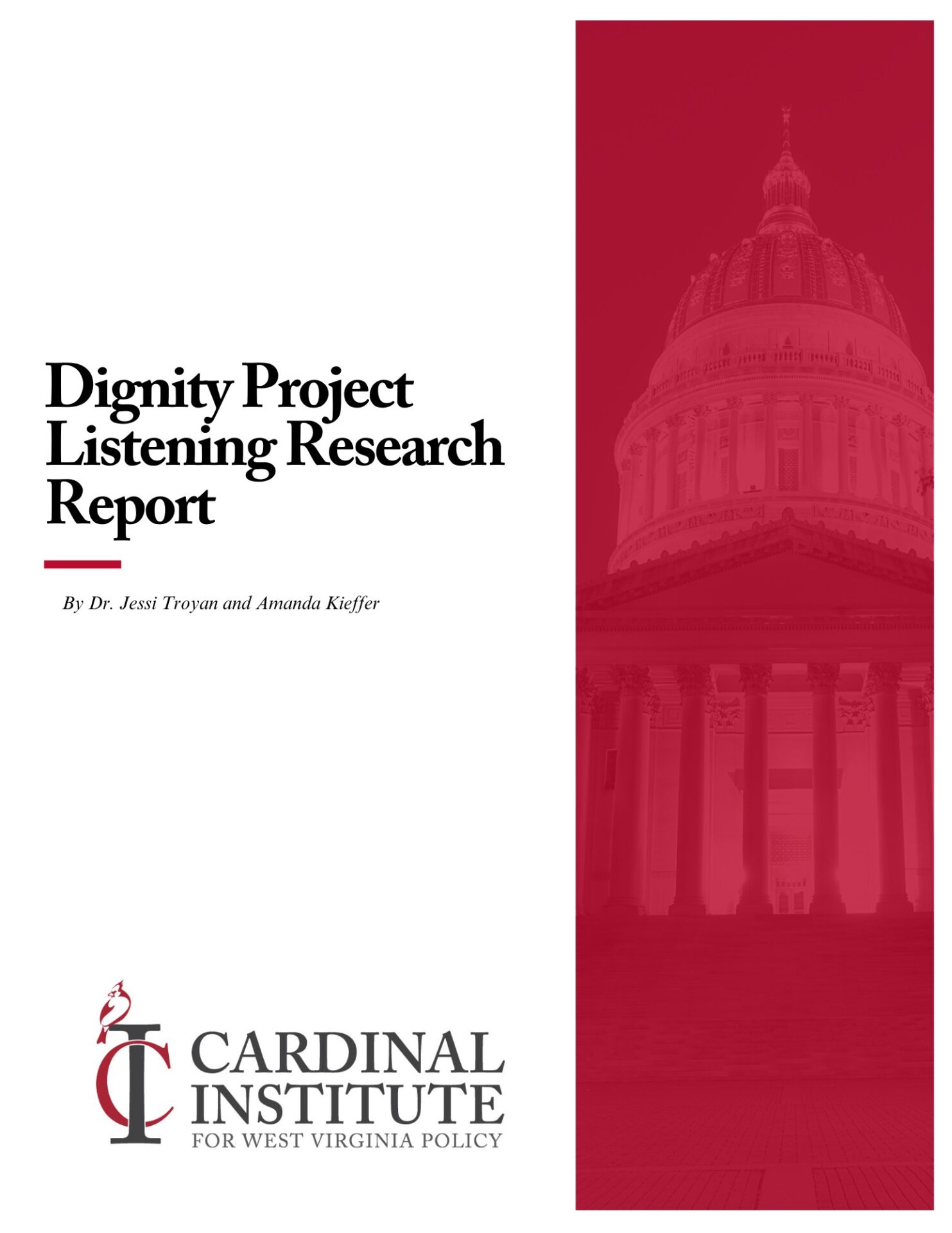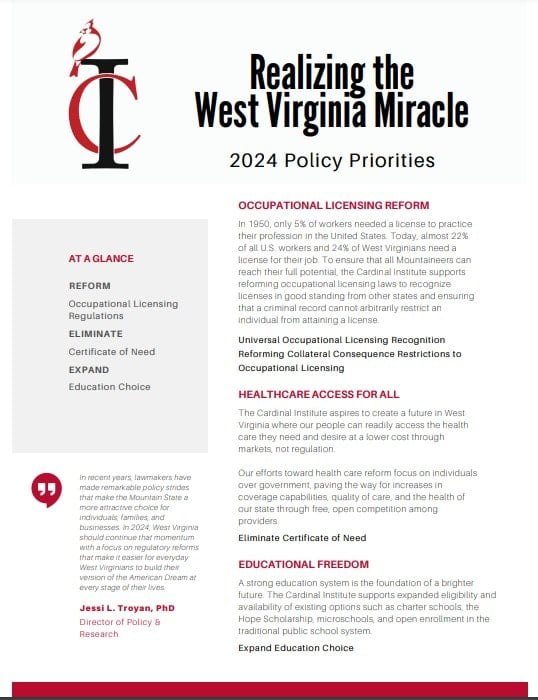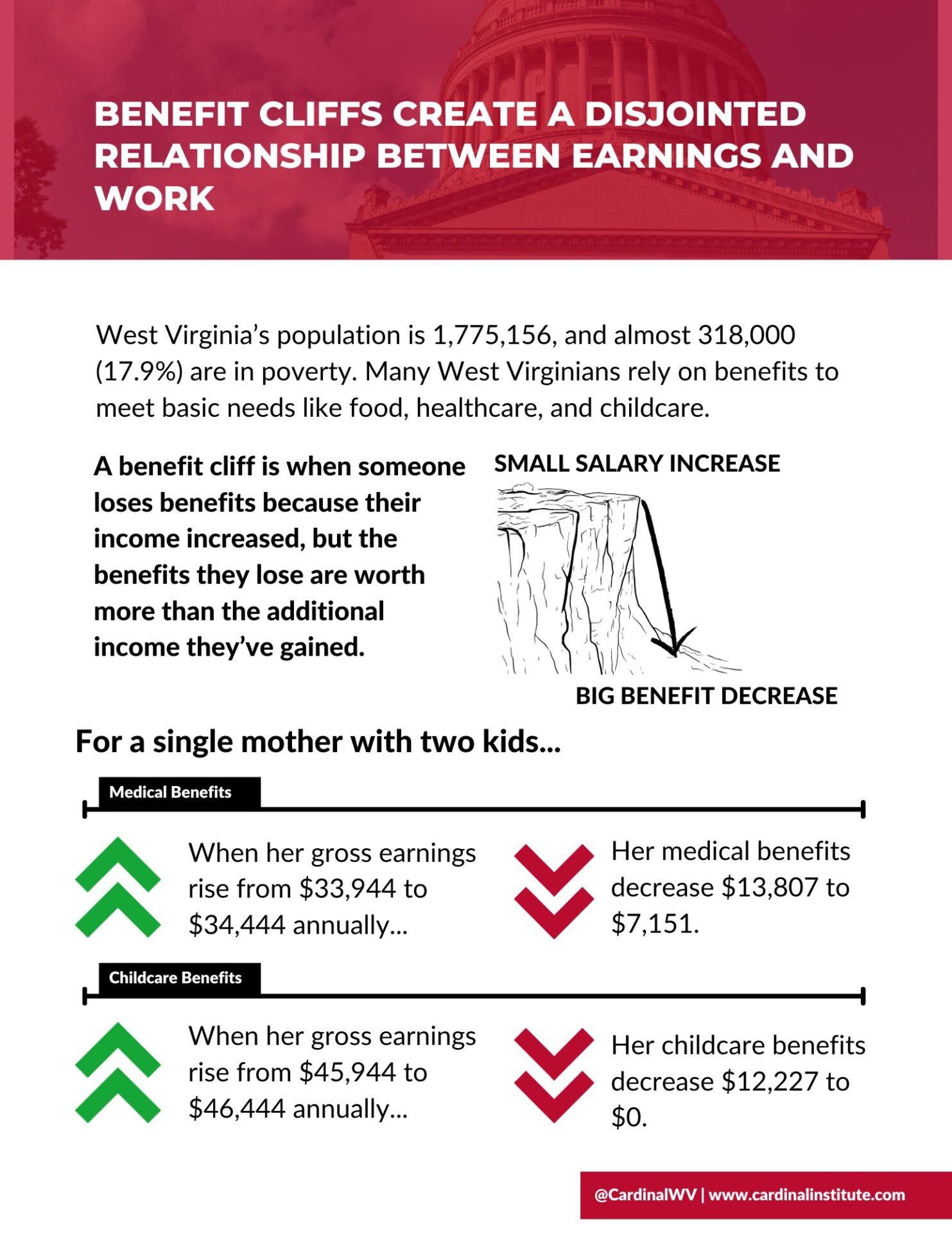CON Laws Are Hurting West Virginians’ Health
Regulation is killing West Virginia. We have the highest prevalence of heart attacks, lung cancer, and drug overdose deaths of any state across the U.S. We rank highest in the nation for poor physical health and mental health. Despite such grim statistics, West Virginia has protected an archaic policy which has proven to devastate healthcare—certificate of need (CON).
A Little History of CON Laws
In 1964, New York became the first state to endorse CON programs throughout their municipalities. In 1972, Section 1122 programs, a segment of the Social Security Act of 1935, encouraged a regulatory review process for large capital expenditures in the states. Soon, states adopted the policy. However, in 1987, a bipartisan federal government repealed CON. They found that the program failed to resolve the issues it sought to resolve. Among these issues were high costs, poor quality, and a lack of options. The policy effectively destroyed health access for years in the state’s which implemented it.
The Research Shows CON Laws Bring Poorer Health Outcomes
Furthermore, a 2017 research study from the Kaiser Family Foundation discovered that states with CON laws have healthcare costs 11% higher than states without CON. Moreover, the Mercatus Center at George Mason University discovered a 5.5% higher mortality rate, fewer hospital beds (131 fewer per 100,000), fewer MRI machines, and less access to CT scans.
CON Laws Reduce Entrepreneurship and Healthcare Access
From 2017–2020 alone, healthcare entrepreneurs withdrew at least 20 CON applications, totaling $43.7 million in proposed capital expenditures. This was after adversary providers filed for “affected person” status. This is the term used by incumbent providers to oppose new health establishments under the claim that the establishment would create “duplicative services.”
This system, which gives preferential deference to incumbent providers, effectively protects cronyism not patients. Through CON, states give existing providers a disproportionate influence over the approval process for new facilities and services. This entrenched arrangement incorporates a regulatory board made up of representatives from established and former providers who have a vested interested in limiting competition across the state. Through this system, politically connected providers and their entourage can routinely secure approvals for new facilities or equipment while those who seek to open new businesses in the state are denied.
An Example: Alecto Healthcare Services
In 2017, Alecto Healthcare Services filed for a CON to purchase the Ohio Valley Medical Center, a 200-bed facility in Wheeling, West Virginia. The facility was in financial distress and in danger of going under. Shortly after filing a CON for purchase, Alecto withdrew its CON application when Wheeling Hospital filed for affected person status. Following the decision to withdraw an application which would have saved the hospital, the governor signed legislation passed by the state’s legislature exempting “financially distressed” hospitals, including the Ohio Valley Medical Center from CON laws, allowing Alecto to purchase the facility.
While this story may be one of celebration, it’s a clear demonstration that CON hurts healthcare. Without legislative action, Alecto would have been unable to purchase the Medical Center, leaving thousands without care. This confirms what we all know to be true about CON — it protects the powerful and harms everyone else.
It’s Time for Certificate of Need Laws to Go
Undoubtedly, West Virginia should instead enact more effective policies that promote competition, innovation, and consumer choice. By doing this, states will encourage transparency in healthcare pricing and quality, reduce barriers to entry, and promote health care models driven by consumers.
It’s an understatement to say abolishing these outdated laws is overdue. By eliminating CON laws, West Virginia can promise competition and innovation in the healthcare industry which will lower costs and improve care for all Mountaineers. West Virginia needs a consumer-driven, market-based approach to health care. We must free providers from the shackles of CON.
Jessica Dobrinsky Harris is a Policy Analyst for the Cardinal Institute for West Virginia Policy.
Learn More
Certificate of Need Laws










